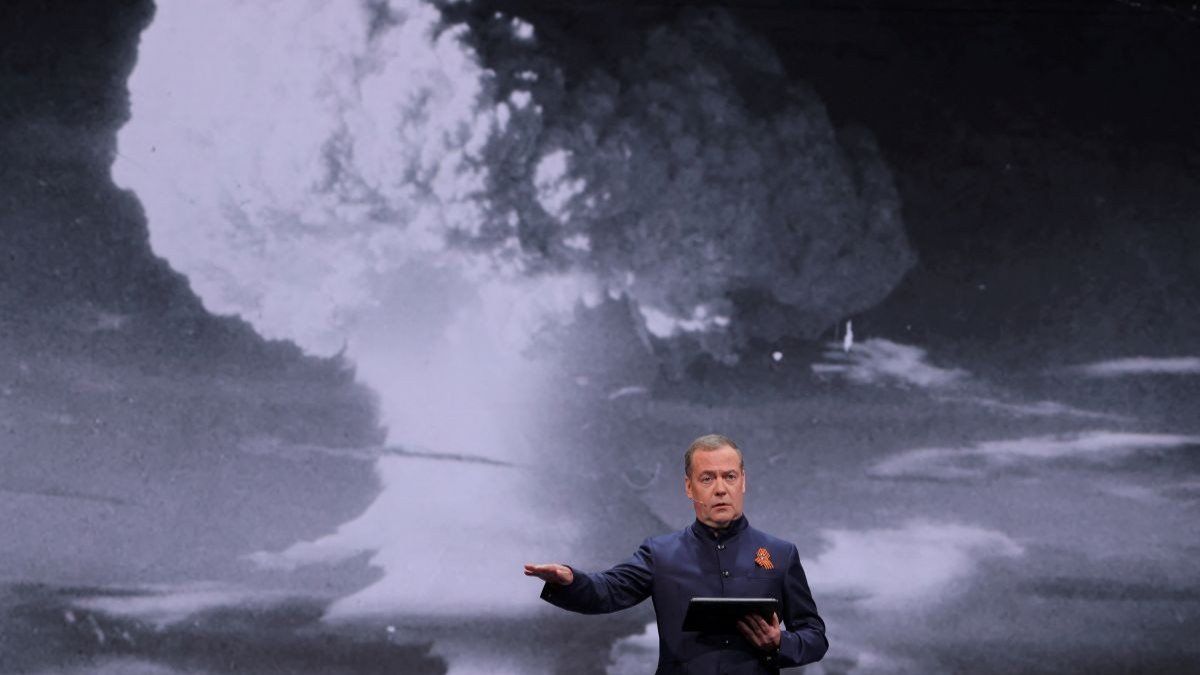US-Russia tensions escalate
Are the 1960s calling? A US president is repositioning nuclear submarines while Russia is carrying out previously scheduled anti-submarine drills – with China’s help – in the Sea of Japan. Donald Trump made the move on Friday after former Russian President Dmitry Medvedev, who is now deputy head of Russia’s Security Council, called the threat of US sanctions, “a step towards war.” Secretary of State Marco Rubio played down Medvedev’s words on Sunday, but the tensions remain. US special envoy Steve Witkoffvisits Russia this week ahead of the deadline that Trump imposed on Russian President Vladimir Putin to end the Ukraine war or face expanded sanctions.
Israeli minister’s provocative prayers in Jerusalem
In a move that is sure to ignite fury across the Arab world, far-right Israeli minister Itamar Ben-Gvir on Sunday visited the Temple Mount in Jerusalem, known to Muslims as the Al Aqsa Mosque compound, and prayed there. The move breaks a decades-long arrangement under which Jews can visit the compound, the third-holiest Islamic site that also sits on the same plot as the first and second Jewish temples, but not pray there. Ben-Gvir’s move came after Hamas released videos Friday of emaciated hostages held in Gaza. The move recalls then-Israeli Prime Minister Ariel Sharon’s visit to the mount in 2000, a provocation that touched off the Second Intifada.
Argentina’s president vetos pension boost
The chainsaw stops for no one. Argentina’s ultra-libertarian President
Javier Milei, who has already slashed billions from the federal budget,
vetoed a proposal to increase pensions on Monday. “There is no money,” he said. It’s a risky move. Milei, elected in 2023, faces his first mid-term elections this fall. His cost-cutting has helped to
tame Argentina’s notoriously high inflation, but the economy has
struggled lately – the peso
just posted its worst month since 2023 – and his cuts have generated some social backlash.
